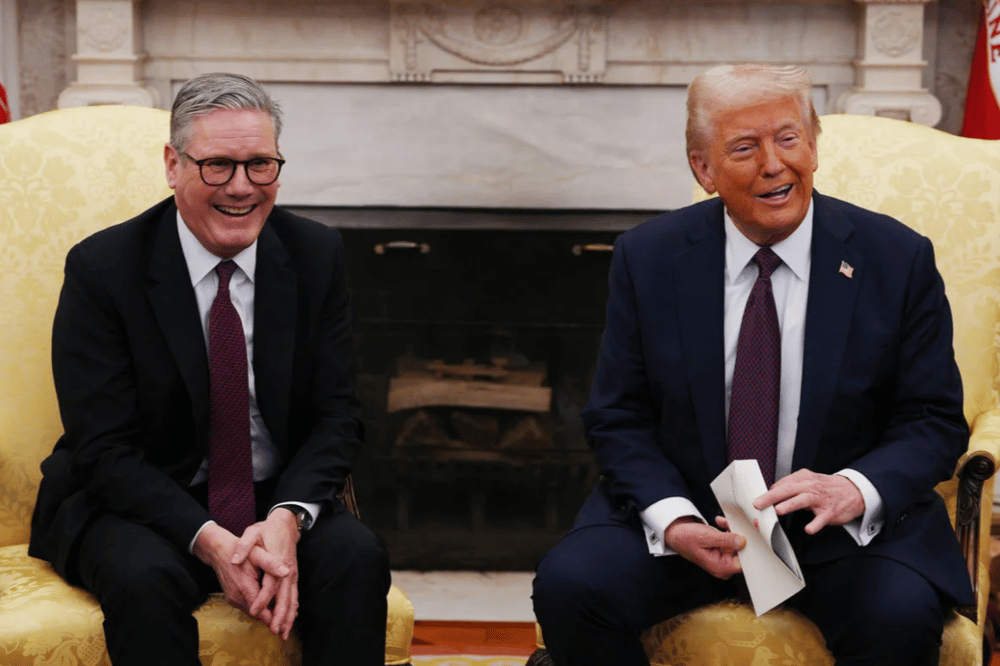Tariffs and Their Impact on Global Manufacturing
In today's economic landscape, companies must adapt to the ever-changing political and financial situation. Recent actions taken by the Trump administration have introduced additional uncertainty within international trade and manufacturing, which in turn reflects on the stock performance of major corporations.
Introduction of Mutual Tariffs
In light of recent economic initiatives, the Trump administration announced new mutual tariffs that will affect several countries that have become popular hubs for alternative manufacturing. The primary objective behind these measures is to avoid tariffs imposed during the first trade war with China. As more companies shift their production, the new tariff regime complicates this strategy.
Key Changes in Tariffs
Vietnam: Tariffs have increased to 46%. This market is linked to giants like Apple Inc. and Nike Inc., which utilize Vietnam as a critical manufacturing hub.
Cambodia: The tariff rate stands at 49%, impacting Abercrombie & Fitch Co., which sources a significant portion of its products from this country.
Indonesia: Here, tariffs have risen to 32%, negatively affecting manufacturers including Panasonic Holdings Corp.
These tariffs represent yet another attempt by the Trump administration to implement a strategy aimed at reducing dependence on China.

Lessons from the Past
It is crucial to note that the experience of applying tariffs in 2018-2019 demonstrated an ineffective impact on the economy. Many companies simply relocated their manufacturing to other countries, while remaining reliant on Chinese suppliers. This approach failed to balance the trade deficit in the U.S., which currently stands at a record $1.2 trillion.
Corporations began to dispatch products directly to American consumers through Chinese factories, complicating the tasks for American producers.
Impact on Corporate Stocks
Both the new tariffs and changing market conditions can significantly affect the stock performance of companies involved in the production supply chains. Key factors influencing the stock market include:
Changes in production costs. Increased tariffs can lead to higher product costs, which will affect company profitability.
Reputational risks. Brands may become less attractive to international investors due to current circumstances.
Potential loss of market share. Many companies may face competition from local producers in other countries.

Economic Consequences
Changes in tariff policies can lead to broad economic repercussions. Local markets may experience price fluctuations and a decline in consumer demand for imported goods. Moreover, this situation could escalate tensions in international trade, altering traditional production stages.
Signs of Market Changes
New investments in local manufacturing;
Increases in prices for imported goods;
Changing consumer preferences towards local brands.
In the face of global economic instability brought on by the introduction of new tariffs, companies must pay special attention to shifting strategies and business models. It is essential to consider how these changes impact production chains and corporate stock performance. Adapting to new conditions will ultimately be a key factor in success in today’s market.

















Comments